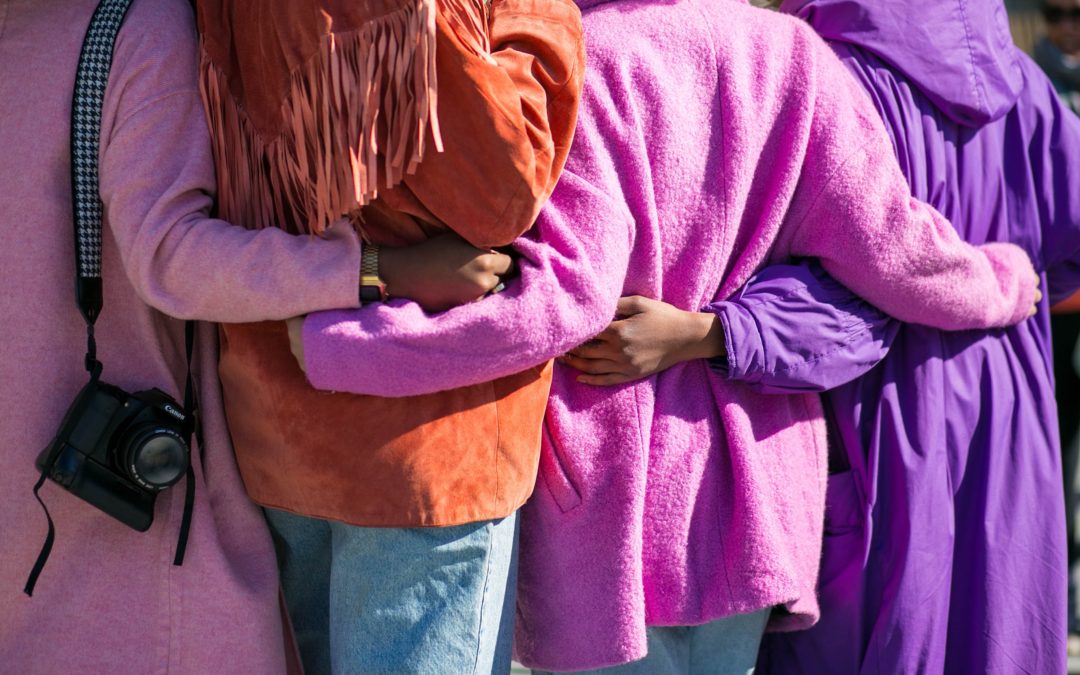- Anti-Racism Tip #8: If It Needs a Disclaimer, Don’t Say It - October 18, 2022
- On Tender Moments that Take Us By Surprise - May 18, 2022
- Finding Creative Ways to Exercise During the Pandemic - April 29, 2022
“Caring for myself is not self-indulgence, it is self-preservation, and that is an act of political warfare.”
~ Audre Lorde
This quote by Audre Lorde has made me reflect a lot on the meaning of self-care. How do we care for ourselves in a way that is a radical act of resistance, of self-preservation and of political warfare? In last week’s article, I talked about Naomi Osaka and Simone Biles role modelling the radical activism of self-care in very important and high profile ways.
Self-care involves reflecting on our own physical, emotional, spiritual and mental state and figuring out what is needed to take care of these important aspects of ourselves.
Current discussions around self-care are often both superficial and limiting. The way self-care is currently being talked about often includes products or activities that cost money – massages, mani/pedis, hair salon appointments, yoga classes, meditation apps. Self-care has become its own industry focused on consumerism often linked to improving our external appearances and finding that perfect product to make us feel better.
I’m not saying that any of these things are unhelpful. It’s just that many of these things are only available to those with enough money to participate in this consumeristic vision of self-care. In addition, these individual acts of self-care fail to consider the way we have collectively organized society to either support or impair people’s mental, emotional, physical and spiritual well-being.
The current conversations around self-care fail to consider that sufficient time, space, and money are important aspects of having the privilege to participate in self-care. For new mothers or those caring for dependents struggling with their mental health or with differing abilities, time to focus on ourselves can be very limited. For those living on the streets and in poverty, the focus is on getting through the next day, or week, or month, and self-care may not even make the list of priorities. For members of communities who often experience violence (i.e. racialized people, members of the LGBTQ community, Indigenous Peoples and others), the focus may be on safety and managing the individual and collective trauma that occurs when faced with constant reminders of violence against members of their communities.
Without the ability to sleep sufficiently, have access to nutritious and sufficient food, have access to clean water, and access medical care when needed, these consumeristic ideas of self-care are both unhelpful and inaccessible. The current conversation around self-care, therefore, is a conversation about privilege and luxury.
As Audre Lorde importantly reminds us, however, self-care is a radical and necessary act, particularly for women, and for those living in poverty, experiencing oppression, and advocating for justice. It’s a radical act aimed at self-preservation particularly for those who find themselves living in a society that is hostile to their identities, communities, and ways of life. As a result, Audre Lorde advocates for a conception of self-care grounded in community and relational connections. She talks about the importance of:
- noticing the abundance of love that surrounds us;
- understanding ourselves as deeply rooted in community; and
- noticing the loving and healing energies of people, and especially women, who surround us to keep us going.
Rather than grounding our ideas of self-care in consumerism and buying the next big self-care product, let’s embrace a more nuanced idea of self-care that includes prioritizing our connections with others. Let’s consider how and whether our societies are structured in ways that support physical, mental, emotional, and spiritual well-being of all people. And let’s work collectively to address systemic and institutional structures that impair the ability of all people to access well-being.
For those of us working daily to dismantle systems of oppression, let’s take Audre Lorde’s reminder about self-care to heart. Let’s be radical in our acts of self-care and ground it in our own self-preservation so that we can do the important work of advocating to improve the lives of those people and communities who continue to experience systemic injustice. Let’s diligently care for ourselves first so that we can continue being warriors and create conditions for others to be able to engage in the privilege of self-care as well.
We would love to hear your thoughts in the comments section below the article.
Photo by Vonecia Carswell on Unsplash


Recent Comments